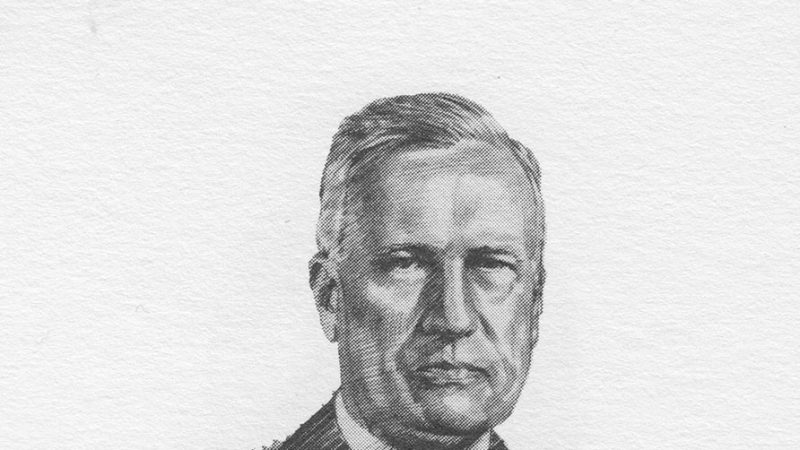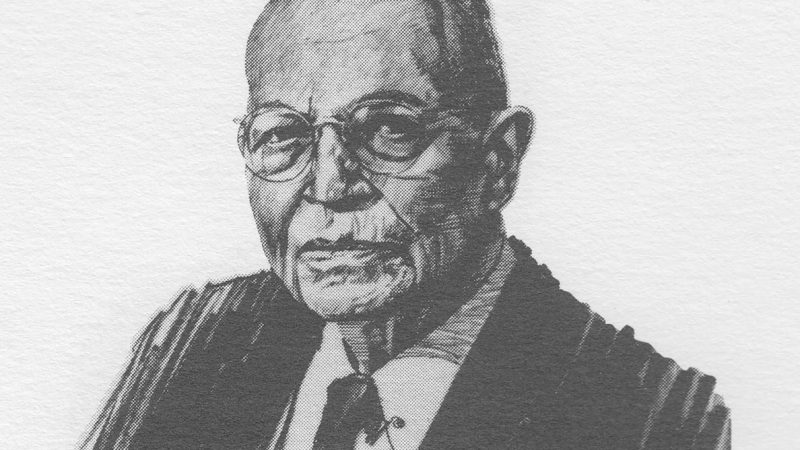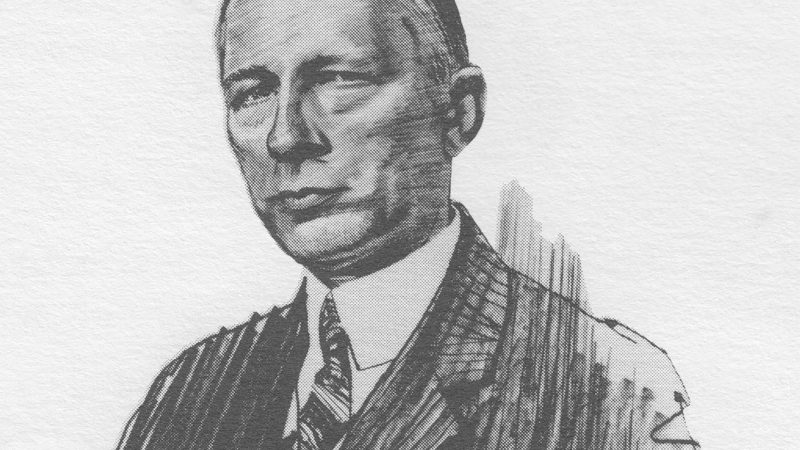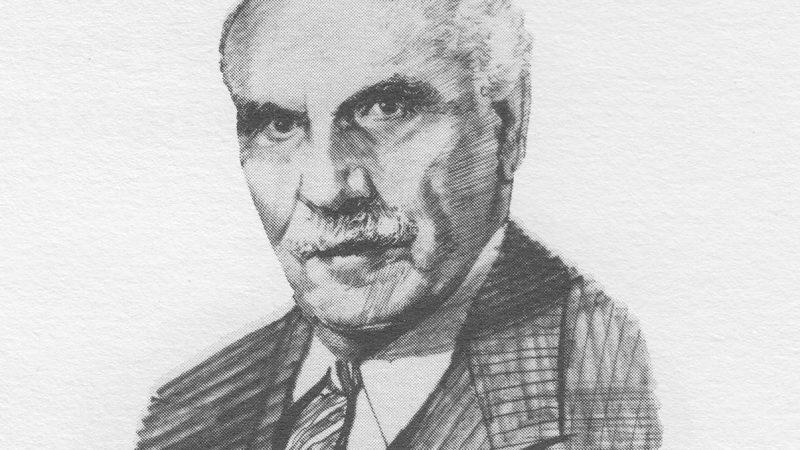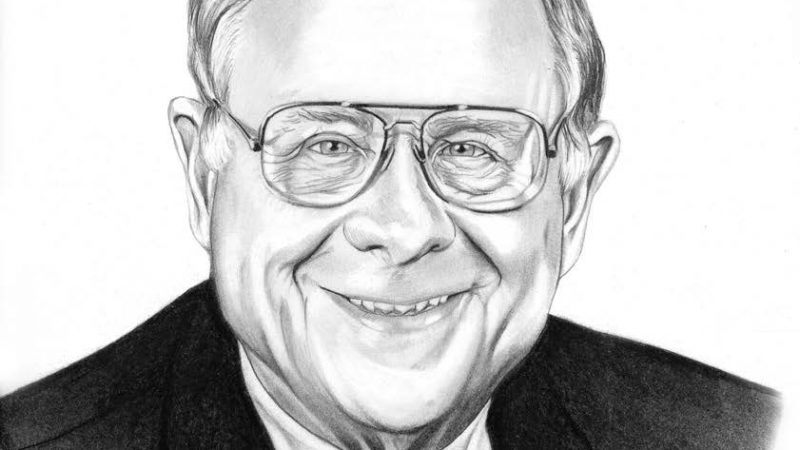John Cecil Persons
- September 16th, 2021
A Birmingham News editorial stated, “Rare indeed is the man who serves so outstandingly in so many ways. John C. Persons was such a man.”
Persons enrolled in The University of Alabama Law School, and after graduation worked for Jones and Penick law firm. After a lengthy courtship, Persons married Elonia Hutchinson and moved to Columbus, Miss. Hoping to continue his law career, Persons moved back to Tuscaloosa in 1915 to establish a law practice. Instead, he bought an interest in a lumber company and soon controlled three others. Persons rebuilt his financial base after World War I by incorporating two new lumber companies. After a series of mergers, Persons served as president of American Traders National Bank. Under Persons’ leadership, the bank survived the Great Depression by merging with First National Bank. When Persons returned after World War II, he was soon promoted to chief executive officer and guided the bank for another decade of growth. Persons served as a Captain in the Army during World War I, earning the Distinguished Service Cross, and as a Major General in World War II, earning the Distinguished Service Medal for his service in the South Pacific. Persons served his community and its youth through affiliations with the Birmingham Board of Education, Junior Achievement, Boys’ Club, American Legion, and Red Cross. Persons served in a professional capacity in the Birmingham Branch of the Federal Reserve Bank and the Advisory Board of the Federal Reserve Bank in Washington.

